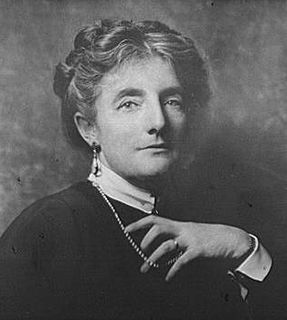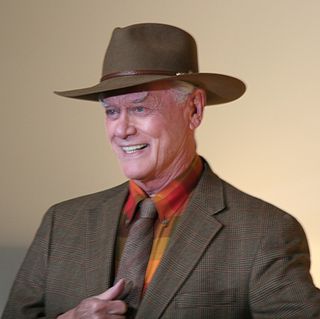A Quote by Kevin Griffin
The spiritual experience isn’t one of filling ourselves up— with either religious or intellectual beliefs—but of emptying ourselves so that we can experience what is, directly, unfiltered.
Related Quotes
When we follow the reversal of normal experience, we find ourselves in an unusual, nearly mad experience. Being in an almost mad experience is not something we should fear: only in such experience are we jarred out of our common sense opinions and beliefs. It opens our minds to other ideas and thought. It makes us think.
Healing ourselves on the spiritual level involves developing a strong connection with our soul. We heal ourselves on the mental level as we become aware of our core beliefs, release those that limit us, and open to more supportive ideas and greater understanding. Emotional healing takes place as we learn to accept and experience the full range of our feelings. And we heal ourselves on the physical level when we learn to honor and care for our bodies, and for the physical world around us.
I say that creeds, dogmas, and theologies are inventions of the mind. It is the nature of the mind to make sense out of experience, to reduce the conglomerates of experience to units of comprehension which we call principles, or ideologies, or concepts. Religious experience is dynamic, fluid, effervescent, yeasty. But the mind can't handle these so it has to imprison religious experience in some way, get it bottled up. Then, when the experience quiets down, the mind draws a bead on it and extracts concepts, notions, dogmas, so that religious experience can make sense to the mind.
There is a fundamental spiritual quality to gratitude that transcends religious traditions. Gratitude is a universal human experience that can seem to be either a random occurrence of grace or a chosen attitude to create a better experience of life; in many ways it contains elements of both. Grateful people sense that they are not separated from others or from God; this recognition of unity with all things brings a deep sense of gratefulness, whether we are religious or not.
The rides are different for everyone. I'm convinced of that now. I mean, sure, there are some we ride together. Either we find ourselves drawn to some common experience, or maybe we're pulled in by the people we care about. Our friends, our families can drag us onto coasters and Tilt-A-Whirls that are really meant for them. But in the end, no matter whose rides we find ourselves on, the experience is all our own.
We shortchange ourselves by regarding religious faith as a matter of intellectual assent. This is a modern aberration; the traditional Christian view is far more holistic, regarding faith as a whole-body experience. Sometimes it is, as W.H. Auden described it, 'a matter of choosing what is difficult all one's days as if it were easy.
The unconscious is the only available source of religious experience. This in certainly not to say that what we call the unconscious is identical with God or is set up in his place. It is simply the medium from which religious experience seems to flow. As to what the further cause of such experience might be, the answer to this lies beyond the range of human knowledge.
At any moment, whatever we are experiencing, only one of two things is ever happening: either we are being with what is, or else we are resisting what is. Being with what is means letting ourselves have and feel our experience, just as it is right now. ... This is where genuine creativity, health, and communication, as well as spiritual power, arise from.




































